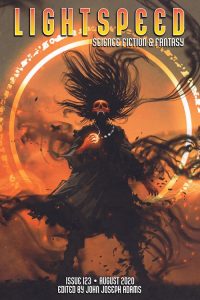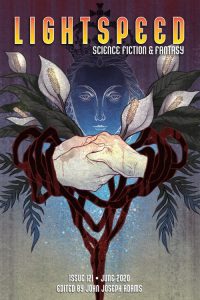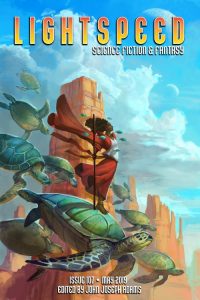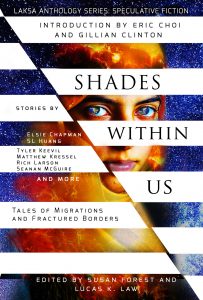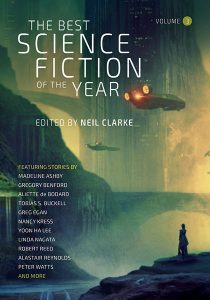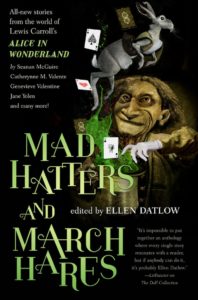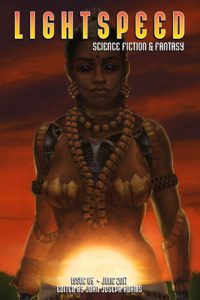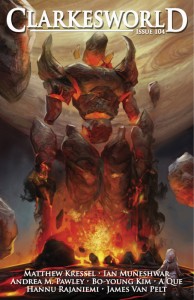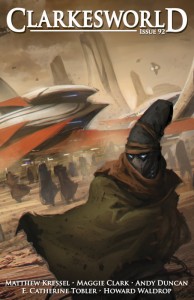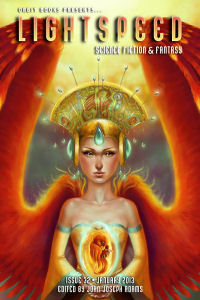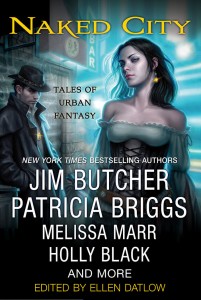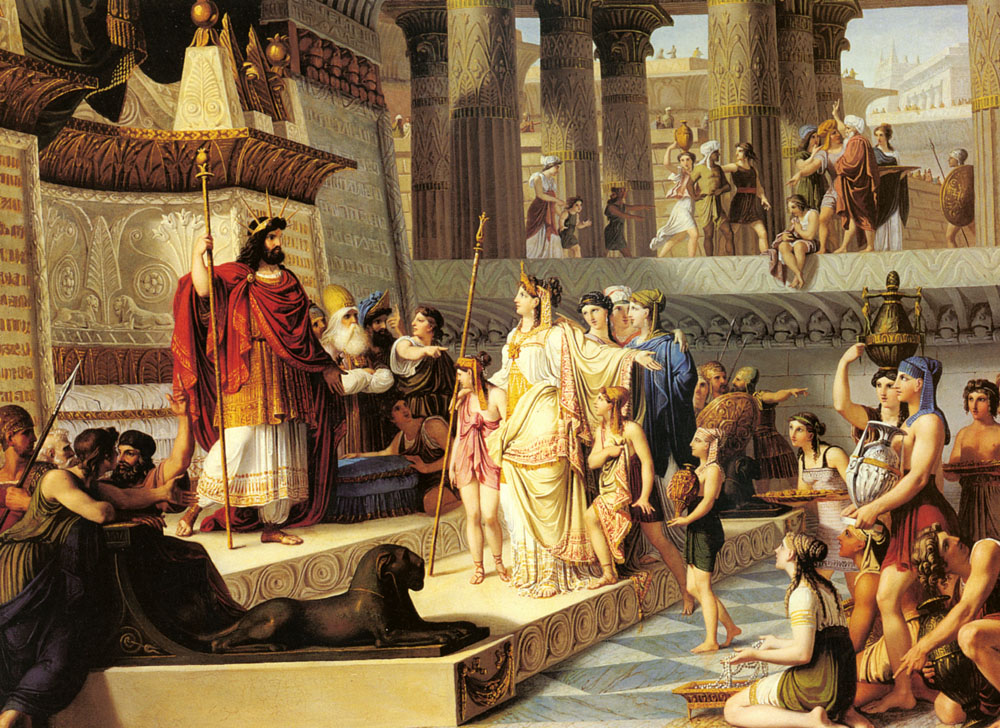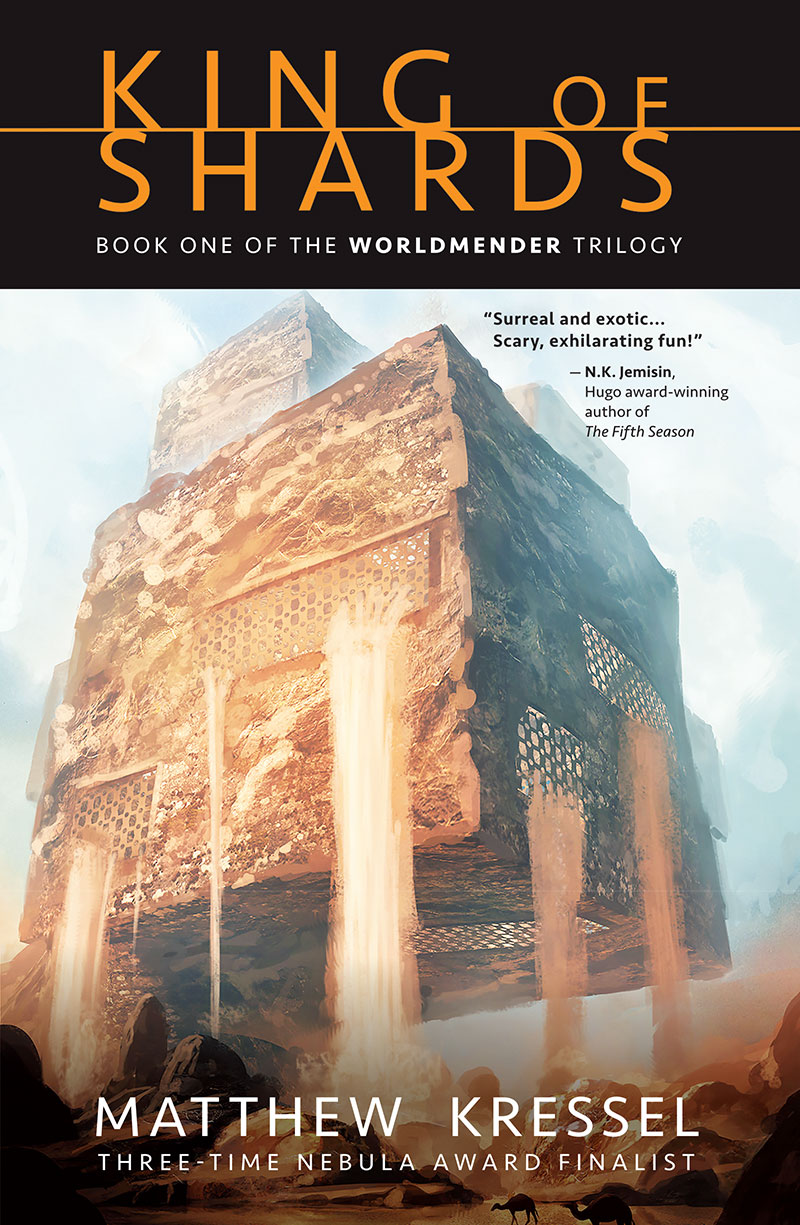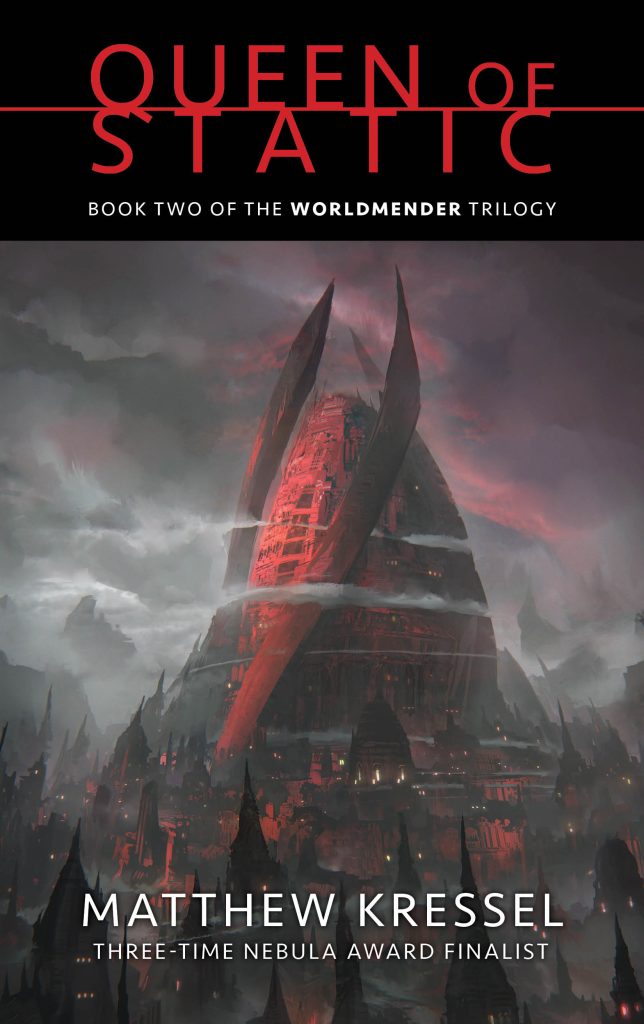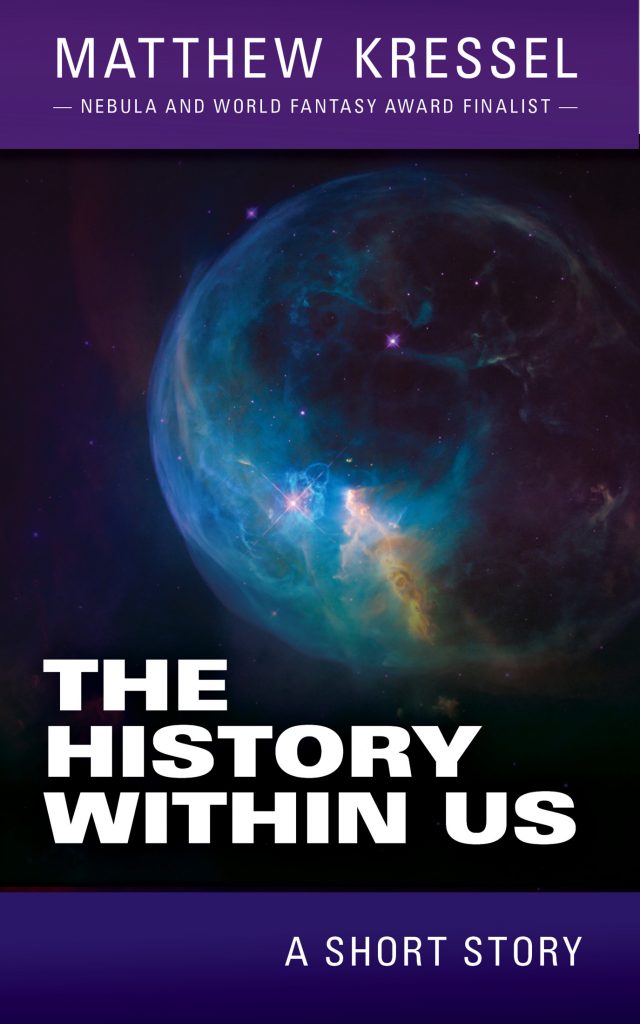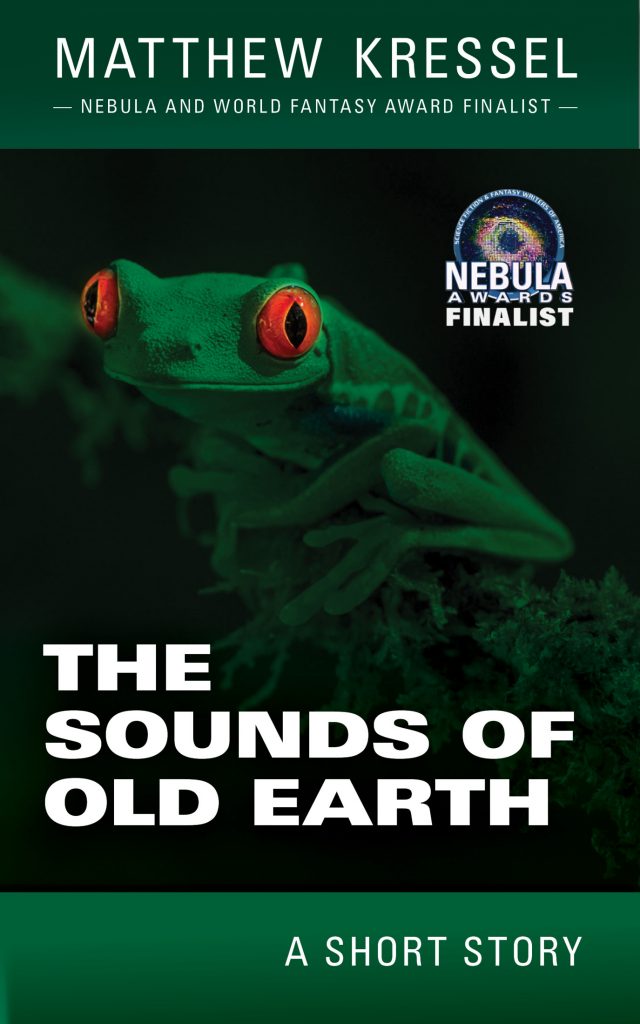To celebrate the October 13, 2015 release of my forthcoming debut novel, King of Shards, I will be featuring one new blog entry a day about a different Judaic myth for 36 days. Today’s entry is on The Queen of Sheba and King Solomon.
Day 20: The Queen of Sheba and King Solomon
Because King Solomon followed God’s immutable laws, God endowed him with unsurpassable wisdom. He settled all disputes with justice, and could converse with animals, plants, angels and demons, and all creatures that walked in this world or the world above. One day Solomon called all the birds to him. They flew to him in a great swarm, and he was pleased until he saw that the wood grouse was missing. He was about to set off a search for the missing bird, for how dare he disobey the king’s call, when the wood grouse arrived panting and late.
“Where have you been, little bird?” Solomon asked.
“In my travels across the world,” the grouse said, “I came upon the town called Kitor. Its walls are made of pure gold, and its roofs of pure silver gleam brightly in the sun. Trees grow in its arbors that remember the Creation of the World, and their roots still drink water that drains from the Garden of Eden. This town is ruled by a woman, the Queen of Sheba. She knows not of your rule over all the earth. Let me return to her and tell her of your mighty reign, so she might bow to serve you.”
King Solomon was pleased. He wrote a letter to this Queen of Sheba and sent the wood grouse to deliver it. With the small bird Solomon sent millions more birds, so that the sky darkened as with a terrible storm as they approached. The Queen of Sheba saw the birds and shuddered, and soon she was reading King Solomon’s letter.
In the letter, King Solomon introduced himself. “The whole world bows down to me, including the animals and the realm of spirit. Kings from the four corners of the earth come to pay homage to me, and in return I honor them. Come to me, and I will honor you in turn. Refuse, and my armies will destroy you, and demons will forever disturb your dreams.”
The Queen of Sheba was rightly troubled. She called her counselors to her, and they advised her not to respond to this haughty king. But she had seen the great swarm of birds deliver his message, and she knew it was foolish to ignore his words. So she prepared a fleet of her finest ships, and she loaded them with precious cargo of gold, silver, fine wood, and sixty boys and girls dressed in crimson robes. And with the galleys loaded thus, she set out for Jerusalem.
Many weeks later she arrived in Jerusalem, and Solomon immediately retreated into a great hall made entirely of gleaming crystal. He sat on his crystal throne and awaited her approach. In the Queen entered and Solomon was struck dumb by her beauty. But, having never seen such crystal before, the Queen thought she was standing in a pool of water. She lifted her gown to reveal her legs.
“Your face is the most beautiful I’ve ever seen,” Solomon said. “But your legs are as hairy as a man’s!”
And the Queen replied, “I see you enjoy revealing that which is hidden. Therefore, surely you would not object to guessing a few riddles. The world believes you are the wisest who has ever lived. I am curious to see if that is true.”
King Solomon was all to happy to oblige her, and so she asked her first riddle.
“It grows in the fields with its head hung down. The rich glory in it, the poor are ashamed of it. The dead are adorned in it, and the living fear it. The birds joy in it and fish die from it. What is it?”
“Flax,” Solomon answered without pause. “The rich glory in their linen robes, but linen rags shame the poor. The dead are wrapped in linen, and a flax noose claims the life of the wicked. Birds eat the flaxen seeds, but fish are caught in flaxen nets.”
The Queen nodded. But one question alone was not enough to prove wisdom. She asked another.
“What water doesn’t fall from heaven or roll down mountain cliffs. What water is sometimes sweet as honey, and other times bitter as wormwood, but all comes from the same place?”
“A tear,” he answered. “For tears neither fall from heaven or from mountains. In joy, they are sweet. In sadness, seven times more bitter.”
The Queen nodded. “You are correct. But answer me this: What gifts did my mother give me? One was born in the sea, the other from the depths of the earth?”
“The pearls around your neck,” he said. “And the gold that wraps your fingers.”
“Your wisdom is great, but do you know this: What moves from place to place when dead, while alive it remains motionless?”
“Why,” he said, “the very vessel that conveyed you here. A ship is made of wood. While alive, the tree remains still. In death, its wood travels the seas.”
The Queen narrowed her eyes. Solomon was indeed wise. But she had met men whom had answered these riddles. She would try another, harder question. “What is buried that is not dead, and when buried comes back to life?”
“Seeds,” he replied. “That we plant to grow the grains of the field.”
“And who is the one who is neither born nor dies?”
“God Almighty, Blessed is His Name, who rules Heaven and Earth forever.”
The Queen of Sheba at last grew impressed and bowed. “Will you let me ask you a seventh question?”
“I will.”
She called forth the sixty children she had brought with her from Kitor. All of them were dressed the same, in crimson robes, had the same haircuts, the same ages and youthful faces. “Can you tell me,” she asked, “who are boys and who are girls?”
Solomon called to his servants and had them distribute nuts to the children. The boys placed the nuts into the pockets of pants they wore under their robes, while the girls made pouches from their robes. “There,” he said, “are your boys and girls.”
Seeing this, the Queen of Sheba realized she stood before the wisest man of the earth. She bowed and gave him all the gifts she had brought. And in return, he showered her with gifts. It is said that none received a more warm welcome than her, and she stayed in Jerusalem longer than any other. At at last when she parted, she said, “On my journey here, I was told of your great wisdom and kindness, but I have learned in your presence that these surpass even rumors of you. For you are truly the wisest and kindest person on the earth, and praise be to your god, who has enabled you to rule with peace and righteousness.”
The Myth’s Origins
The story of the Queen of Sheba’s visit to King Solomon appears in Kings and Chronicles. The Queen was most likely, modern scholars believe, from the South Arabian kingdom of Saba, and her mission was likely one of trade. It’s interesting to note that the wood grouse, or hoopoo bird is the messenger to Solomon, as it was in the shamir myth. The above version of their meeting comes from the Targum Sheni, an Aramaic translation of the Book of Esther that elaborated a lot of the story, filling in various apocryphal content. In many of the tales, Solomon and the Queen of Sheba marry and have sexual relations. The 11th century Alphabet of Ben Sira stipulates that Nebuchadnezzar was the son of their union. In Ashkenazi, or European Jewish, folklore, the Queen of Sheba was often conflated with the popular image of Helen of Troy, a woman of unsurpassable beauty. In some tales, she is equated with Lilith, Adam’s first wife. In some tales, the Queen of Sheba is dark-skinned, with African features.
Some Thoughts on the Myth
King Solomon, long considered in folklore to be the wisest of the wise, is certainly an egotist. Not satisfied that he has 99% of the world under his dominion, he sends a threatening swarm of birds to intimidate the Queen of Sheba. Scared, she comes bearing gifts. But what’s curious about this myth is that the Queen won’t accept Solomon as her ruler until he proves his wisdom to her. I wonder what would have happened if he answered wrongly? Would she have returned home? Would he have invaded her kingdom out of pride? And this implies that the Queen is alternately wise, because she was able to formulate these difficult questions for him to answer.
It also brings up uncomfortable notions of their monarchies’ power over families. How was the Queen of Sheba able to get sixty children to come with her? I doubt their parents were happy to let their children venture off over seas, possibly never to return. Are these children her slaves? And what became of them while Solomon and the Queen no doubt shared their bed together for many months, possibly years? They grew up in a foreign land away from their families and their culture.
This is always what has disturbed me about stories of great monarchs. They are often portrayed as great, brave, and wise heroes. But what of all the “little people” under their command? Their hordes of servants, slaves, and soldiers who live and die unnoticed? My read of this story is not that Solomon comes off as being wise and kind, but an arrogant tyrant. All I have to say is I’m glad we have democracy and child labor laws.
Tomorrow’s Myth: The Angel of Death







